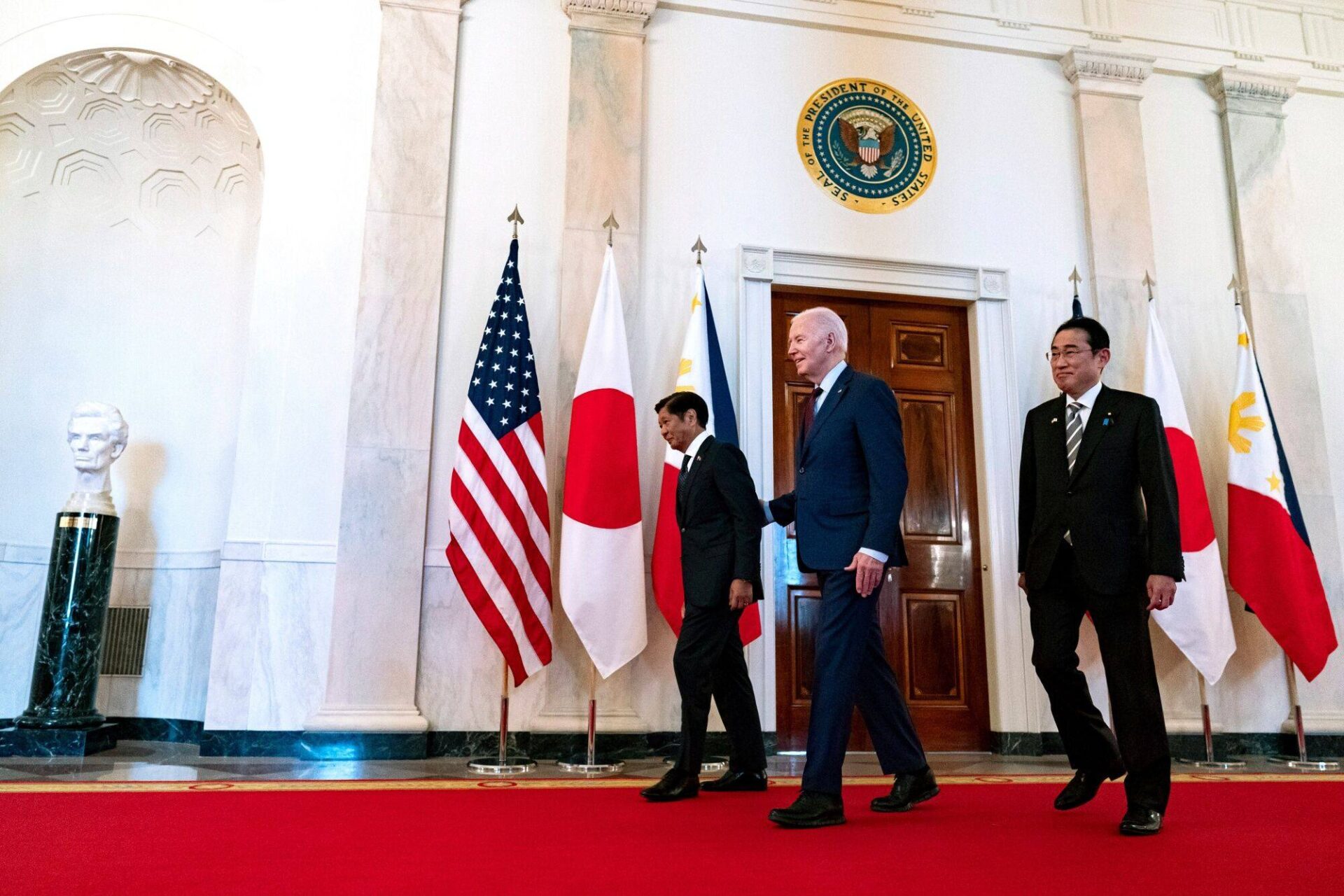He continued, “They’re doing it on a small unit of Taiwan, which is this little area, which is not, by itself, a big, geo-strategic location,” adding that Beijing is “trying to demonstrate that they can siege, create a sense of futility, and undermine the idea that the United States is going to support not only the Philippines but by extension Taiwan.”
The Philippines military and the Chinese coastguard had a month-long regional dispute, with Manila and Beijing locked up in a recent territorial dispute. The fight caused injuries to various Filipinos, including a soldier who lost a hand.
The BRP Sierra Madre, a World War II ship intentionally grounded on the Next Thomas Shoal in 1999 and occupied by their own soldiers, was being resupplied by Spanish causes. Beijing refers to the flashpoint as the “Renai Jiao,” while Manila refers to it as the “Ayungin Shoal.” Both parties assert that it is a part of their sea country.
Asked to respond to Pottinger’s opinions, Liu Pengyu, a spokeswoman for Beijing’s embassy in Washington said Manila “infringed on China’s right and made deliberate threats” and that the US “should not utilize the matter to sow conflict, still less make treatments.”
“Resolving the Taiwan issue is a problem for the Foreign ourselves”, Liu added. It will be decided by the Taiwanese and avoids intervention from outside. The appropriate personnel should stop repeatedly promoting the Taiwan issue and end the tension- and confrontational behavior.
That may just occur “if President Ferdinand Marcos Jnr, and in conversation with President Biden, decide that that would be the best program”, he said. “That doesn’t mean we start a war, I say. I’m saying we need to embrace … what’s happening and start imposing much more severe fees” on Beijing.

When asked about mutual US-Philippines’ recharge operations in the South China Sea, Pottinger responded, “We should be prepared to do that.” I hope we’re willing to do that. That’s sort of a “berlin airlift” to keep those Spanish marines supplied on Following Thomas Shoal and some of these other islands.
Convened in Geneva, Switzerland, in May, Pottinger contended that “those talks are not being taken seriously by the Chinese side”.
“They sent a couple of foreign ministry mid- level officials to the first round of talks, and didn’t have anyone prepared to talk seriously about our concerns”, he said.

Yang Tao, director general of the foreign ministry’s North American and Oceanian affairs department, led the Chinese delegation, which also included officials from the science and technology ministry, the National Development and Reform Commission, and other government departments.
Tarun Chhabra, special assistant to the president and senior director for technology and national security at the National Security Council, and Seth Center, the State Department’s acting special envoy for critical and emerging technology, led the US side, with Commerce Department officials also present.
US Deputy Secretary of State Kurt Campbell stated at a Council on Foreign Relations event in Washington that “both countries understand, on some level, some of the challenges that AI presents to military command and control.”
Chhabra claimed in a separate discussion at the same event that Beijing did not support American policy on the subject.
Liu responded to Pottinger’s statement by saying that China places an equal emphasis on “development and security, and work to ensure that AI is a force for good and ensure safety and fairness.”
We are prepared to collaborate with the US to increase AI exchanges and cooperation, find ways to use its advantages for sustainable development, and establish communication on risk mitigation, he added.

